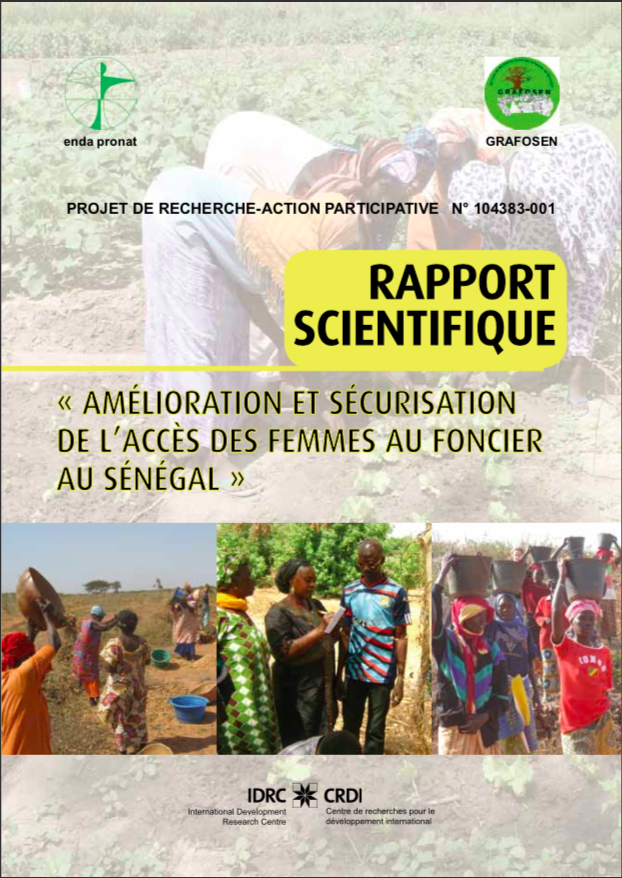Women and Property Rights
While there is no right to land codified in international human rights law, the Convention for the Elimination of All forms of Discrimination against Women (CEDAW), provides for women’s right to own and inherit property without discrimination on the basis of sex. Afghanistan ratified CEDAW in 2003, without reservations. CEDAW (Article 14) also calls for rural women to have equal access to economic opportunities, to credit and loans, social security programs, and to adequate living conditions, including access to housing.







